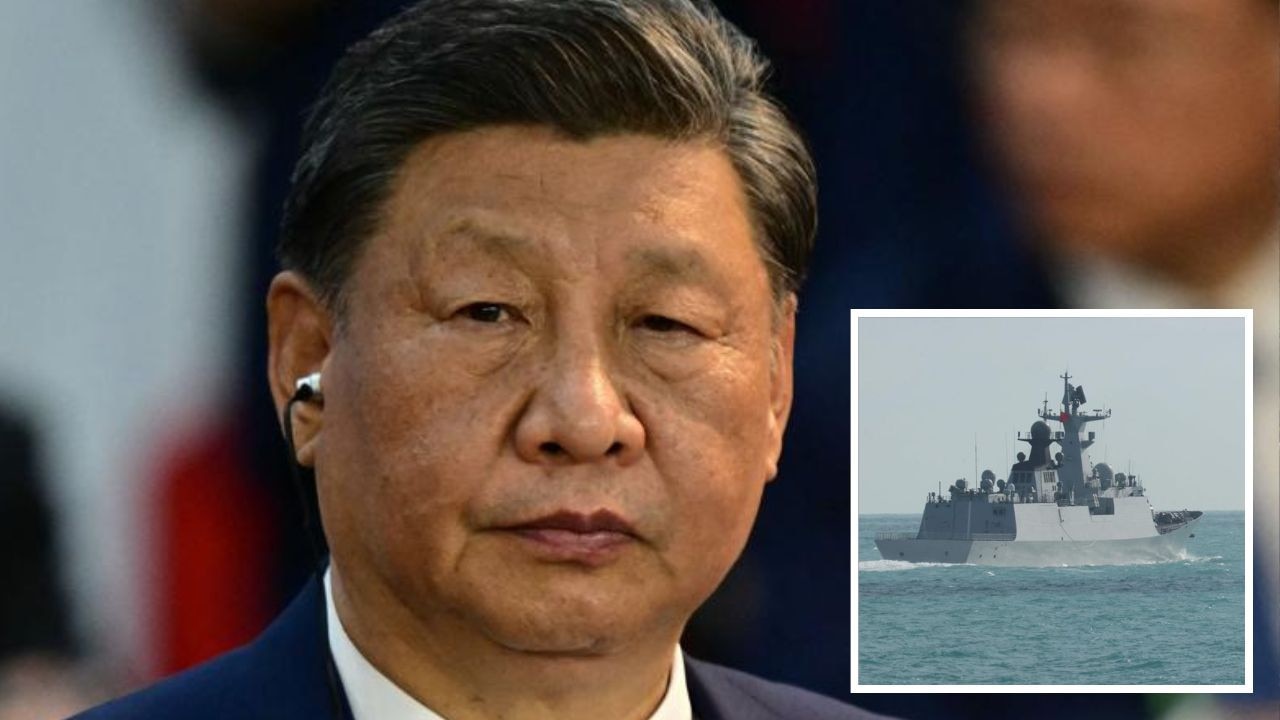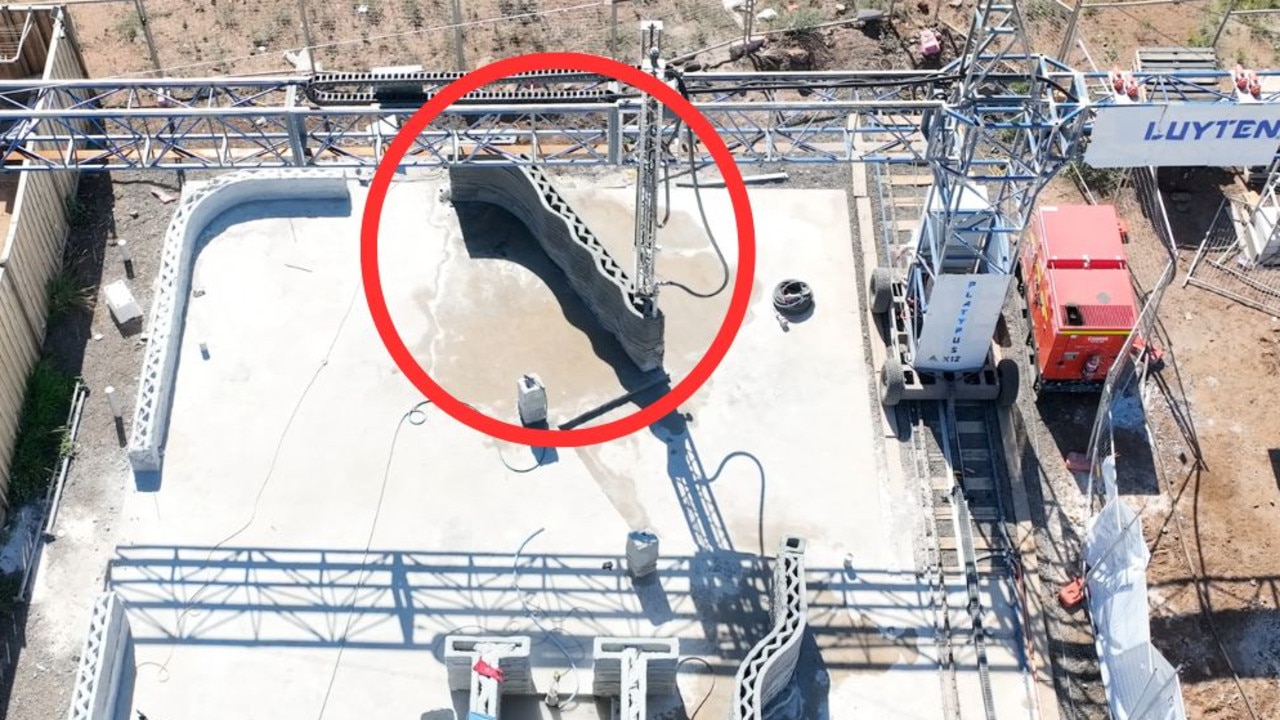Russian and North Korean flags spotted together in Ukraine battlefield
A picture taken on the battlefield has poured fuel on the fire of one of the world’s biggest geopolitical scandals this week.
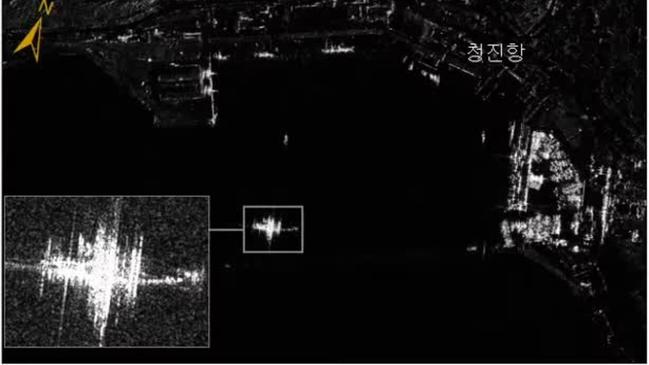
Innovation
Don't miss out on the headlines from Innovation. Followed categories will be added to My News.
Russian forces have allegedly raised the North Korean flag near the frontline in Ukraine in an apparent gesture to intimidate Ukrainian troops.
Tensions are at boiling point this week as a war of words erupts between North and South Korea over the former sending troops to assist Vladimir Putin’s war effort.
In the months after Putin’s landmark visit to Pyongyang, reports of North Korean soldiers being flown over to the Ukrainian frontlines began to spread like wildfire, with analysts warning it could be the early signs of a “new axis”.
The Kremlin immediately moved to squash these rumours, as the involvement of a designated hostile state in a foreign war would have much larger consequences.
But it appears some troops on the ground missed the memo and have moved to publicly display the new alliance.
Andriy Kovalenko, head of Ukraine’s Center for Countering Disinformation, and journalist Andrii Tsaplienko were among the first to report the image of the two flags flying in tandem.
On October 21, Mr Tsaplienko claimed Russian forces hoisted both Russian and North Korean flags near Tsukuryne, a village in the Donetsk region around 20km from Pokrovsk.
He said the cat was out of the bag concerning North Korea’s worrying new commitment to Moscow, and that the gesture was a textbook example of psychological warfare.
“These actions are purely symbolic,” Mr Kovalenko said.
“They’re amplifying the North Korea narrative to instil fear, twisting small truths into grandiose lies.”
According to Mr Kovalenko, the actual scale of their involvement is far smaller than the estimates whizzing around the world press.
“They will take a kernel of truth — about 12,000 North Korean troops being prepared in Russia — and inflate it to hundreds of thousands to create fear,” he added.
“That’s why we’ll keep hearing about these flags, whether they were raised or photoshopped— it’s all part of the intimidation.”
The latest tactic coincides with growing ties between Moscow and Pyongyang.
Both nations are in the bad books with the West due to their alleged humanitarian offences, and have now loosely banded together to meet mutual goals.
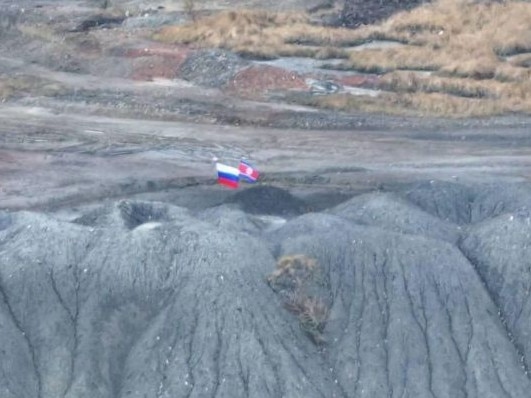
North Korean soldiers are reportedly being trained in Russia’s far east, a move that has been slammed by South Korea, which has strong ties to the US.
According to Kyrylo Budanov, Ukraine’s head of Defense Intelligence, as many as 11,000 North Korean soldiers could soon be fighting on Ukrainian soil.
Video footage released by Ukraine’s state communications service, SPRAVDI, showing North Korean soldiers receiving Russian military uniforms added weight to the theory that Kim Jong Un was pledging serious manpower to Putin.
The partnership hit an early snag last week, mere days after news that North Korean boots had touched down filtered through the press.
Findings from Ukrainian public broadcaster Suspilne revealed almost two dozen North Korean soldiers fled their ranks and were running free.
The desertion ignited a frantic search by Kremlin forces to find them.
North Koreans are generally barred from ever leaving their hermit kingdom, which imposes strict martial law against even the slightest signs of dissent. Part of the clampdown is to suppress information of the outside world so that civilians will never be enticed by the progress and freedom of the developed world.
On the rare occasion that civilians are allowed to travel, authorities remain on high alert because the possibility of one doing a runner is high.
But amid the blasts and confusion, it appears a small unit of conscripts saw their chance and bolted.
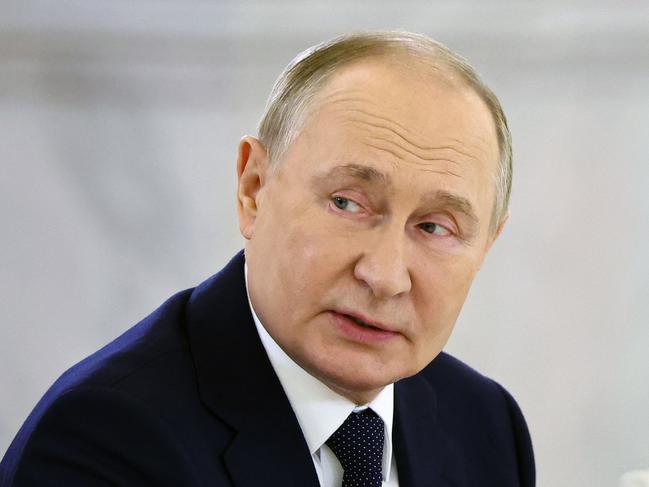
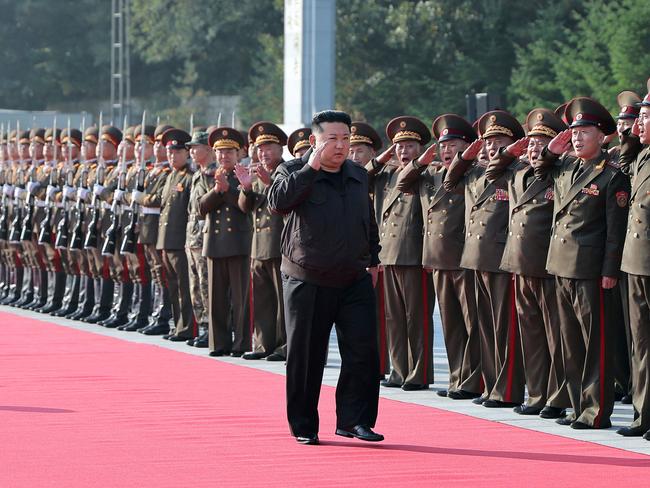
Russia building partnerships to defy West
Nevertheless, the North Korea-Russia alliance is a chilling addition to the world’s increasingly tense geopolitical landscape.
Earlier this year, Putin and Kim signed a strategic partnership pact, reminiscent of NATO’s Article 5, which could see both nations pledging mutual defence.
And then Putin has the BRICS alliance up his sleeve.
Two dozen world leaders are gathering in Russia this week for the opening of a summit for emerging economies that the Kremlin hopes will challenge Western “hegemony”.
The summit is the biggest such meeting in Russia since it ordered troops into Ukraine and comes as Putin seeks to show the West its attempts to isolate Moscow over the two-and-a-half-year offensive are failing.
Chinese leader Xi Jinping, Indian Prime Minister Narendra Modi and Turkish President Recep Tayyip Erdogan — all key partners for Russia — are scheduled to join the summit, which is being hosted in the city of Kazan from October 22 to 24.
Moscow has made expanding the BRICS group — an acronym for core members Brazil, Russia, India, China and South Africa — a pillar of its foreign policy as NATO-aligned nations rally against his territorial war.
The main issues on the agenda include Putin’s idea for a BRICS-led payment system to rival SWIFT, an international financial network that Russian banks were cut off from in 2022, as well as the escalating conflict in the Middle East.
Meanwhile, the United States has dismissed the idea that BRICS could become a “geopolitical rival” but has voiced concern about Russia’s plot to build allies.
By gathering the BRICS group in Kazan, the Kremlin “aims to show that not only is Russia not isolated, it has partners and allies,” Moscow-based political analyst Konstantin Kalachev said.
Ukrainian President Volodymyr Zelensky has gravely warned that the inclusion of North Korea in Russia’s plan to annex Ukraine was “the first step to a world war”, claiming that Iran was also backing Russia with “drones and missiles”.
Zelensky also revealed he had intelligence reports that North Korea was training 10,000 soldiers specifically to support Russia.
“They are preparing on their land, 10,000 soldiers, but they didn’t move them already to Ukraine or to Russia,” Zelensky said after meeting NATO defence ministers.
Originally published as Russian and North Korean flags spotted together in Ukraine battlefield


